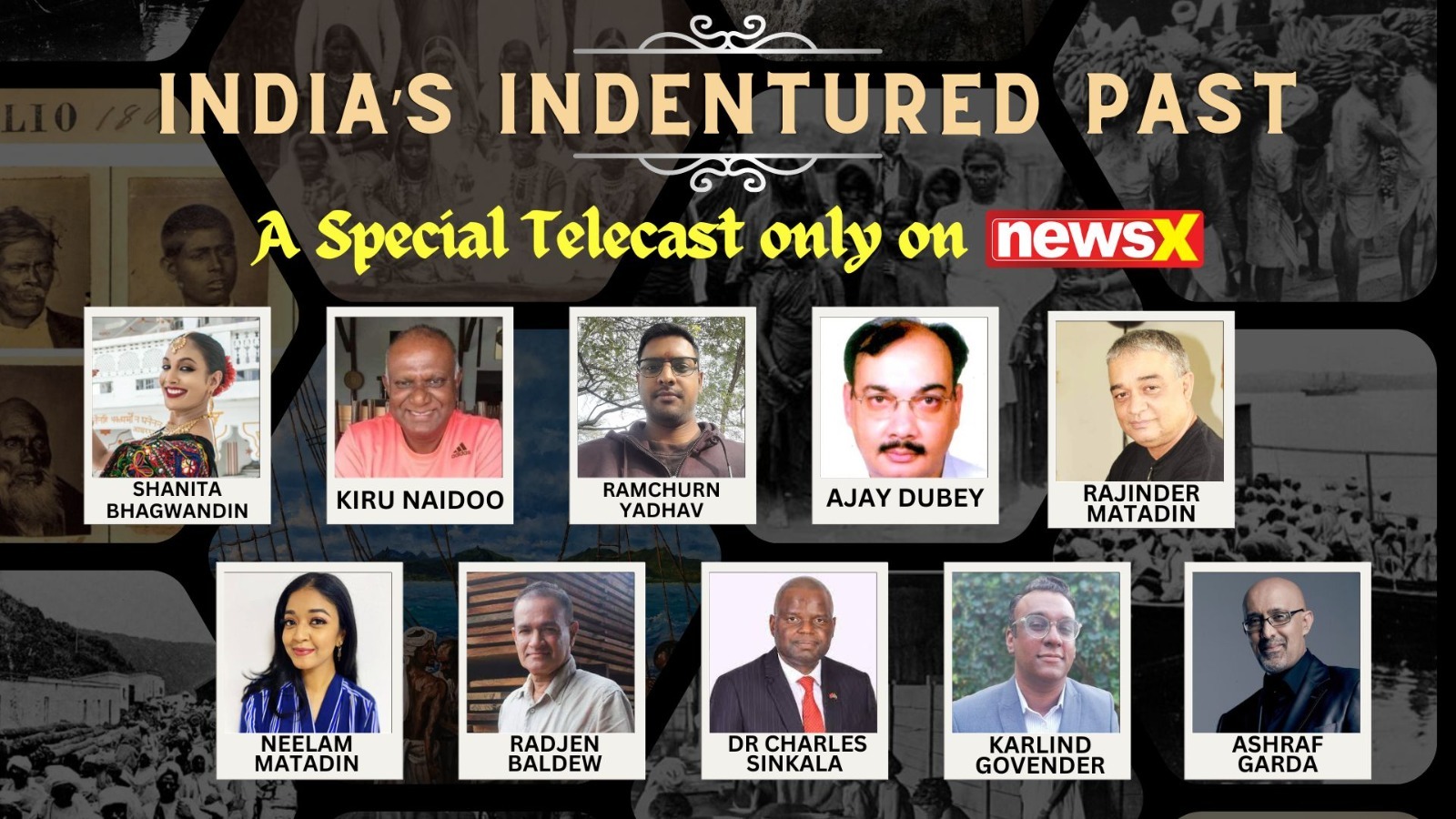In a deeply poignant exploration of history’s shadows, NewsX brings forth the haunting narratives of descendants from across the globe who bear witness to the harrowing experiences of their ancestors during the colonial era. Between the 17th and 18th centuries, over 1.2 million Indians were ensnared into a brutal system of indentured labor by British traders, forcibly transported to far-off lands where they were subjected to unimaginable cruelty and suffering. These stories are a stark reminder of the grim chapters that once marred the annals of history.
During this dark period, more than 1.2 million Indians were torn from their homes and transported like chattel to British colonies spanning the world. The British traders, who had claimed dominion over these lands, exploited their newfound authority to exploit and oppress those they subjugated. Indians from regions like Calcutta, Madras, Bombay, and Gujarat were ferried across treacherous waters to South America and Africa, where they were subjected to inhuman conditions, including physical abuse, sexual violence, and grueling labor on plantations.
Today, the descendants of these indentured laborers, dispersed across continents, bravely revisit the horrors their forebears endured, shedding light on the legacy of pain that continues to shape their identities. The descendant voices from different corners of the world converge to recount stories that were often silenced across generations.
Shanita Bhagwandin, a descendant of indentured Indian laborers hailing from Suriname, reveals, “Our ancestors went through a lot of cruelty. They never even want to tell stories to us.” Her poignant statement encapsulates the silence that often shrouded these painful stories within families.
Demanding Recognition and Reparations
Ajay Dubey, a professor at JNU, emphasizes that indentured labor was not merely an economic transaction but a humanitarian crime. He sheds light on the historical context, explaining, “In 1910, when the British took Mauritius from France, 10% of the Mauritius population were slaves.” This serves as a reminder that the pain inflicted on these communities runs deep.
Ram Churn from Mauritius asserts, “We are Indians by Blood and Mauritian by soil,” highlighting the intricate connection between ancestry and homeland, and the complex identities that emerged from this tumultuous period.
Reflecting on the Global Impact
Ashraf Garda from South Africa underscores the shared pain that united all shades of Black in the fight against oppression. “There is very little awareness among people of Indian origin South Africans about indentured laborers,” Garda laments, illustrating the need for these stories to be brought into broader public awareness.
Kiroo Naidu, another voice from South Africa, reflects on the varied roles indentured Indians were forced into, from sugarcane plantations to coal mines, railways, and domestic labor. The scope of their exploitation was vast, encompassing almost every facet of colonial labor needs.
Healing the Wounds, Seeking Justice
Descendants like Rajinder Matadin from Suriname and Rajden Baldew from the same region recount the gradual improvements in circumstances over time. They highlight that while the first generation suffered under conditions akin to slavery, subsequent generations experienced some relief. However, the scars of the past remain indelible, and the need for recognition and reparations persists.
The narratives brought to the forefront by NewsX remind the world that the suffering of the past has far-reaching implications that continue to reverberate in the present. The descendants of indentured laborers are reclaiming their history, demanding acknowledgment for the atrocities their ancestors endured, and seeking reparations to heal the wounds that time alone cannot erase. As these voices gain strength, they beckon societies and governments to reckon with their past, making way for a more just and empathetic future.
Also Read: NCERT Introduces National War Memorial Chapter to Class VII Curriculum
Catch all the Latest Business News, Breaking News Events, and Latest News Updates on NewsX























